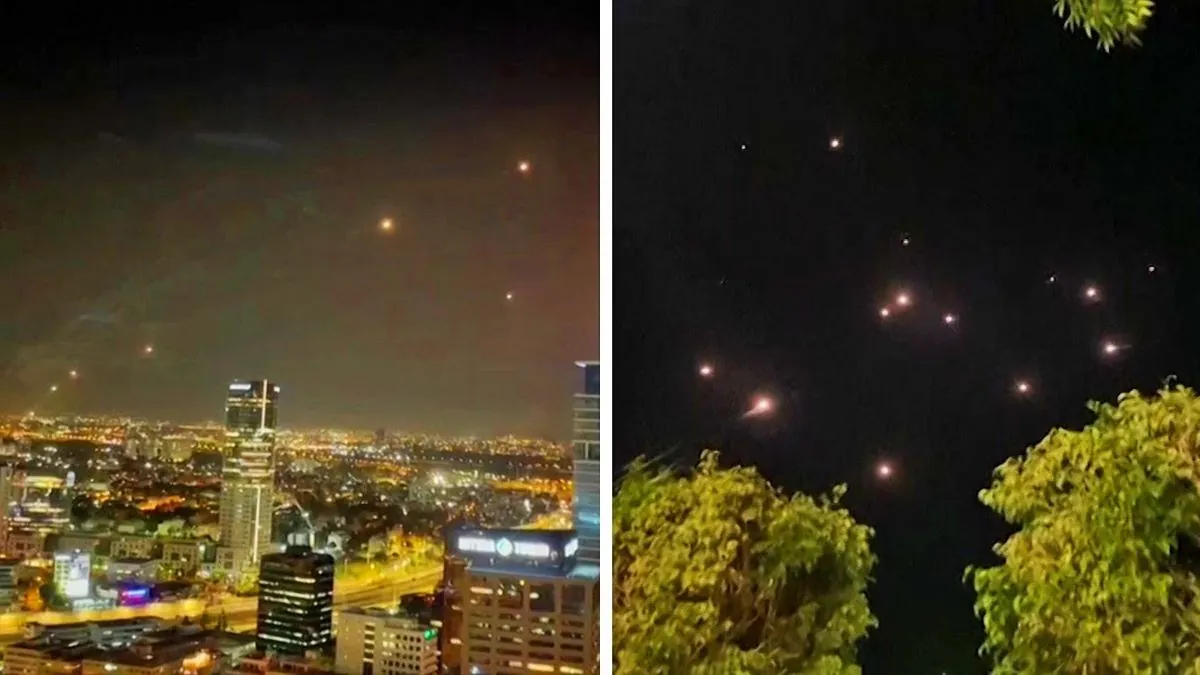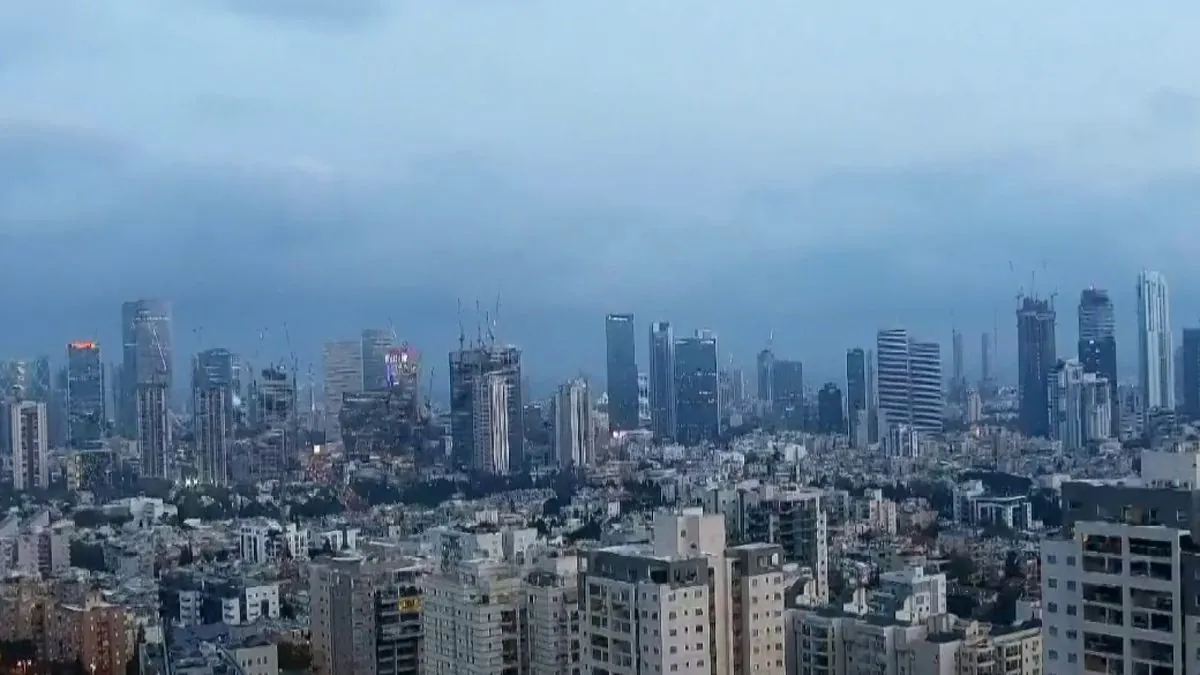Missile Intercepted Over Tel Aviv Amid Escalating Israel-Lebanon Tensions
A missile from Lebanon was intercepted over Tel Aviv, Israel's economic hub. Recent days have seen increased hostilities, with Hezbollah firing rockets and Israel conducting air strikes in Lebanon.

On Wednesday, September 25, 2024, Israel's air defense systems successfully intercepted a surface-to-surface missile over Tel Aviv, the country's economic and technological center. The projectile, detected crossing from Lebanon, triggered warning sirens across central Israel, including the coastal city of Netanya. Despite the incident, no casualties or damage were reported, and civil defense instructions remained unchanged.
This event marks a significant escalation in the ongoing tensions between Israel and Lebanon, two nations that have been in a state of war since 1948. The missile interception occurred over Tel Aviv, Israel's second-most populous city, whose metropolitan area is home to approximately 45% of the country's population. Founded in 1909 and officially becoming a city in 1934, Tel Aviv has long been a symbol of Israel's economic prowess and innovation.

The Iranian-backed Hezbollah movement, a Shia Islamist political party and militant group established in Lebanon in 1985, has been responsible for launching hundreds of missiles and rockets into Israel in recent days. This surge in hostilities has led to a sharp intensification of the conflict along the 120-kilometer Israel-Lebanon border, an area that has seen intermittent clashes since Israel's withdrawal from southern Lebanon in 2000 after an 18-year occupation.
In response to these attacks, the Israeli military has conducted its most extensive air strikes of the current conflict this week. These operations have targeted Hezbollah leaders and struck hundreds of locations deep within Lebanese territory. The resulting casualties have been severe, with reports indicating over 500 fatalities and more than 1,800 injuries in Lebanon.
The situation is further complicated by Lebanon's ongoing economic crisis, which began in 2019 and has led to severe inflation and currency devaluation. This internal strife, coupled with the current conflict, poses significant challenges for the nation of approximately 5.5 million people.
On Tuesday, September 24, 2024, a strike in Beirut resulted in the death of Ibrahim Qubaisi, a senior Hezbollah commander who led the group's missile and rocket force. This targeted operation underscores the intensity of the current conflict and the precision of Israel's military actions.
The recent escalation echoes the 2006 Lebanon War, another significant conflict between Hezbollah and Israel. However, the current situation unfolds against a backdrop of increased regional complexity, with Hezbollah now wielding considerable political influence in Lebanon and maintaining an estimated military force of around 45,000 fighters.
As tensions continue to rise, the international community watches closely. The United Nations Interim Force in Lebanon (UNIFIL), present since 1978, faces new challenges in maintaining peace along the Blue Line, the UN-established border demarcation between Lebanon and Israel drawn in 2000.
The ongoing conflict highlights the delicate balance of power in the region and the potential for localized incidents to spark wider confrontations. As both Israel, with its mandatory military service, and Hezbollah, considered a terrorist organization by several countries including the United States, continue to engage in hostilities, the prospect of a peaceful resolution remains uncertain.


































